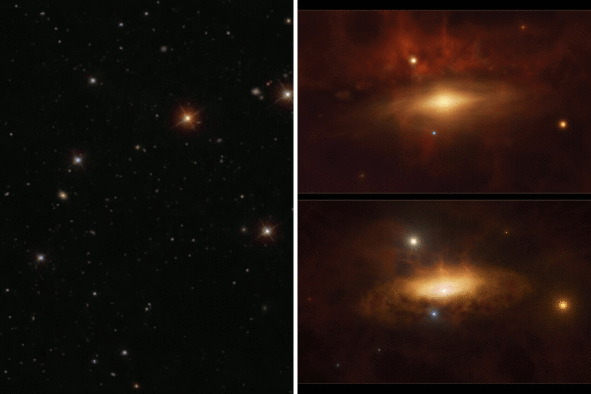The U.S. West Coast could be facing deadlier onslaughts from a neurotoxin producer as climate change worsens, a study has found.
A "blob" of record breaking warm water was detected traversing the west coast of the U.S. between 2014 and 2015, with intense temperatures leading to the destruction of many marine ecosystems and causing widespread concern at the time.
However, one creature—a microscopic algae bloom that produces a neurotoxin called Pseudo-nitzschia—actually thrived. And because of huge releases of the creature's neurotoxin, many commercial fisheries had to shut down, as shellfish became unsafe to eat.
The toxin produced by Pseudo-nitzschia, domoic acid, can cause amnesic shellfish poisoning in humans, leading to symptoms such as vomiting, diarrhea, headache, short-term memory loss, motor weakness, seizures and irregular heart rhythms.
The 2015 harmful algal bloom linked to the warm water "blob" not only caused significant ecological damage but also confused scientists. Previously, toxic Pseudo-nitzschia blooms were thought to be tied to nutrient-rich, cold-water upwelling along the Pacific West Coast. However, during the 2015 heat wave, with little to no upwelling, the occurrence of a toxic bloom raised questions about how it could happen under such conditions.
This is the main thing the study set out to discover. And, scientists discovered that climate change is the culprit.
"Given that climate change will alter more than just temperature, I knew we had to look at how combinations of factors would impact Pseudo-nitzschia blooms," Kyla Kelly, who was a University of Southern California (USC) doctoral candidate at the time of the study, said in a statement. The results of the study were published by ScienceDirect.
Kelly's dissertation research, which was just published in 2023, tested multiple variables simulating both marine heat wave and cold-upwelling conditions for Pseudo-nitzschia in a laboratory setting.
"Blooms now have been associated with both extremes, each with completely different conditions, so we had to figure out the mechanisms for both," Kelly said.
Kelly and other scientists are aware of the impact a small amount of nitrogen can have in a warm coastal ocean, meaning they are concerned about anthropogenic nitrogen inputs from land-based sources. These can occur year-round through agricultural runoff, stormwater or wastewater discharge.
"This is why it is important to set regulations for how much nitrogen we are dumping in the water," Kelly said.
It has previously been predicated that coastal California will experience more frequent and intense extremes of both cold-water upwelling and marine heat waves.
But Kelly's research indicates that toxic Pseudo-nitzschia blooms can occur in either scenario given the right conditions. Different species of Pseudo-nitzschia may respond differently to various factors, however, which highlights the need for continued research.
The researchers conclude that as climate change continues to alter ocean conditions, the behavior and composition of microscopic marine organisms are also changing in ways that could pose risks to marine ecosystems and human health.
Addressing these challenges requires a multifaceted approach, the authors note, to ensure the health of our oceans and the countless species that depend on them.
Do you have a tip on a science story that Newsweek should be covering? Do you have a question about algae? Let us know via science@newsweek.com.
Disclaimer: The copyright of this article belongs to the original author. Reposting this article is solely for the purpose of information dissemination and does not constitute any investment advice. If there is any infringement, please contact us immediately. We will make corrections or deletions as necessary. Thank you.



